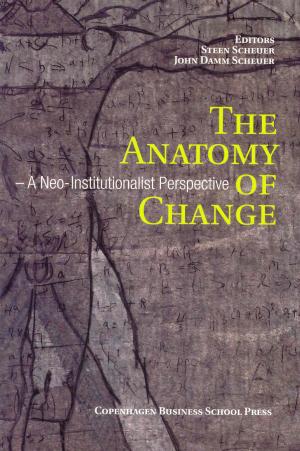Globalization, the new economy, and the IT revolution are some of the words used when researchers, as well as practitioners, try to explain the seemingly ever-increasing speed of change in contemporary society.
Sometimes they act as change-takers forced to adapt to changes and innovations coming from the outside. At other times they are change-makers who foster innovation and change, giving them a competitive advantage or a heightened legitimacy. Sometimes they force others to adapt to these changes.
The analyses presented in this volume provide ample evidence of how the perspective of new institutionalism can help us understand the anatomy of change, and how some actors avoid complete stasis through utilizing small openings instead of breaking down the whole wall.



